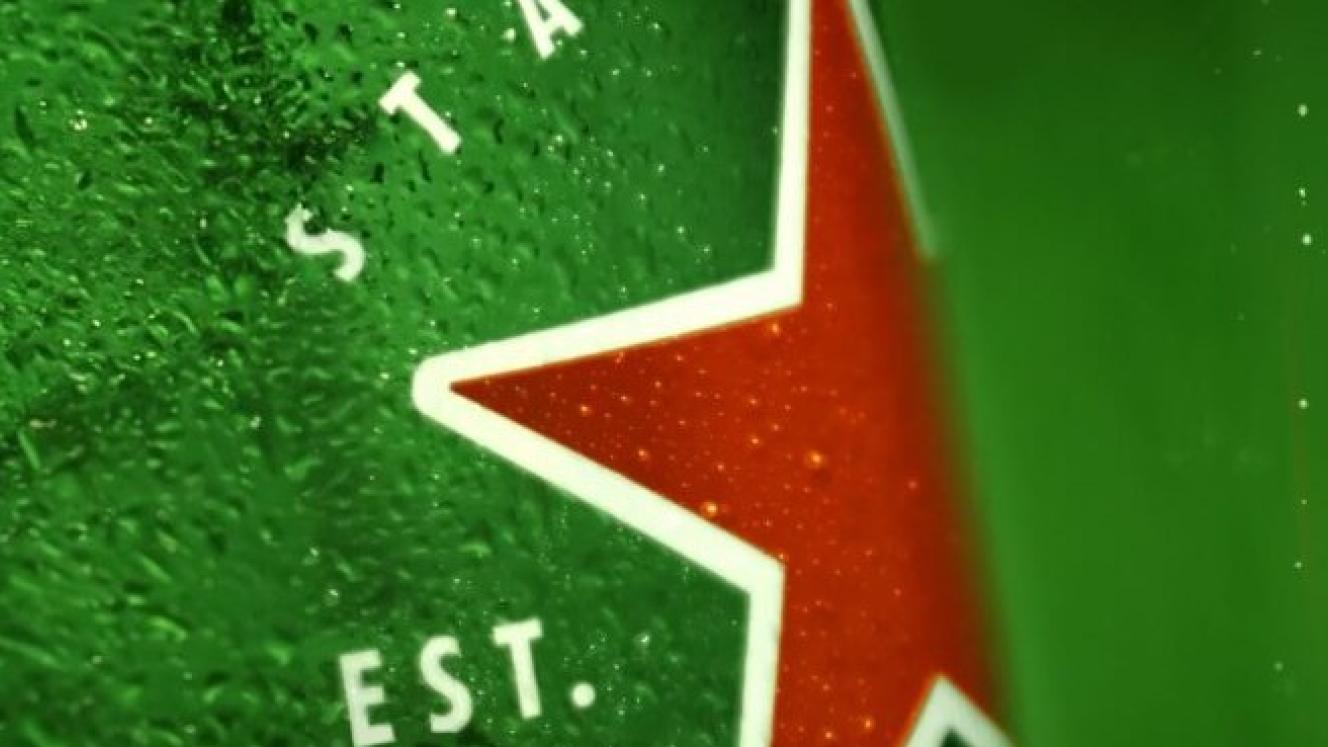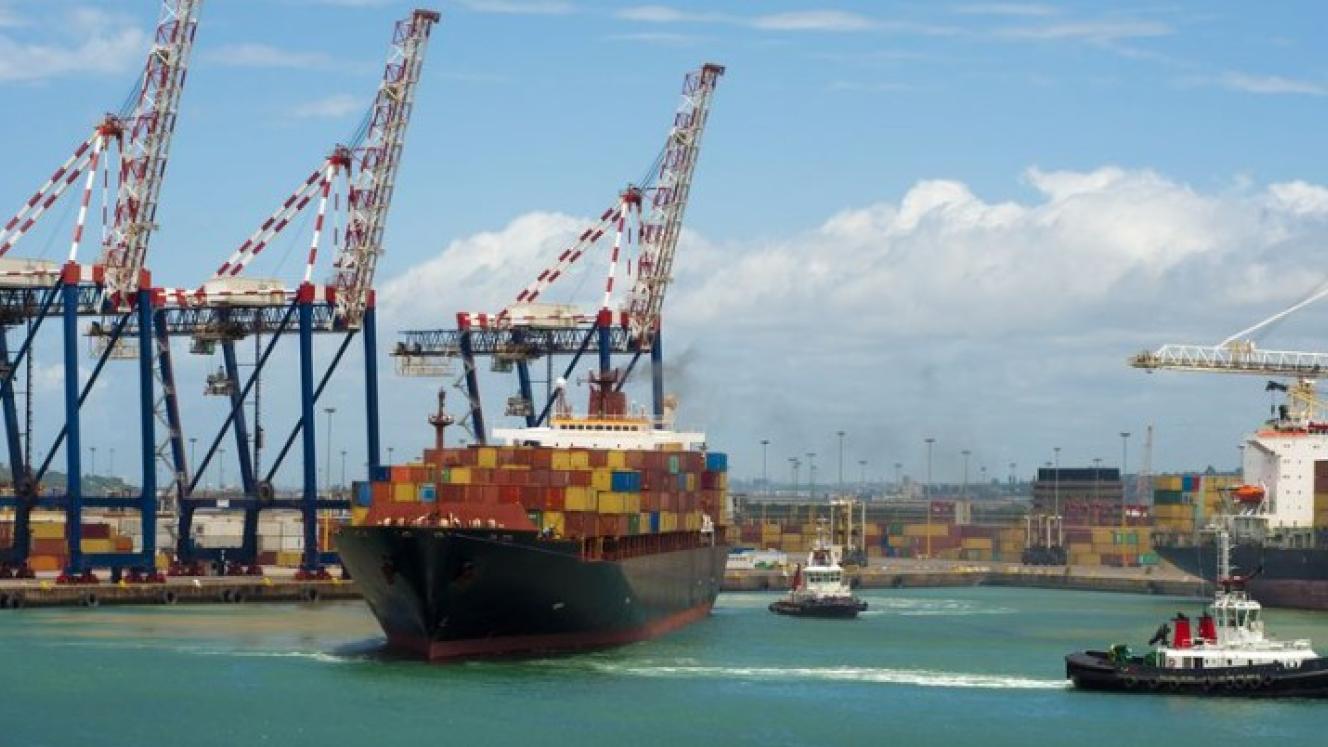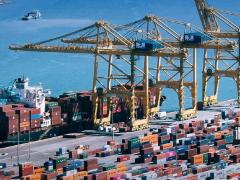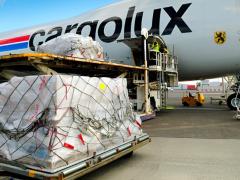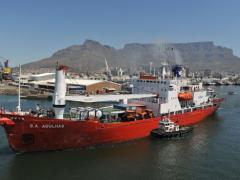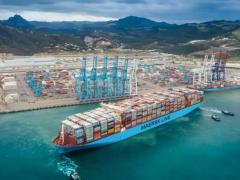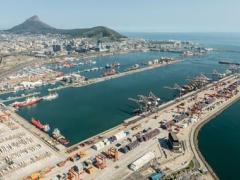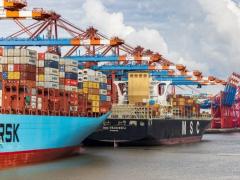South Africa’s beer value chain is entering a new era with the entry of a second buyer into the market for locally produced malt barley, a step some seven years in the making.
This marks a further major investment for alcoholic beverage maker Heineken in South African operations after it acquired the listed Stellenbosch wine and alcoholic drinks maker Distell in 2023.
Heineken and its malting partner, French malter Soufflet Malt, had its first public meeting with barley industry role players at NAMPO Cape in Bredasdorp last week.
Deon de Wet, senior programme manager for agricultural value chain development at Heineken Beverages South Africa, said the company had been importing 100% of its malt demand from Europe since the company established local operations around 2009 – some 4 000 containers annually – mainly because the company didn’t sell sufficient volumes to open a local malting facility.
Although Heineken has been exploring the possibility of sourcing some of its barley locally, its efforts were interrupted first by the pandemic and then by the Heineken-Distell merger.
Yet for the past seven years, the brewer and Soufflet Malt have been involved in on-farm trials with individual farmers to evaluate candidate cultivars and production conditions.
In March, Soufflet and Heineken announced a commercial partnership by which Soufflet will supply the malt used in Heineken’s South African operations.
As part of the agreement, Soufflet would build a new €100 million (R2 billion) malting facility next to Heineken’s brewery in Sedibeng, Johannesburg, with a production capacity of nearly 100 000 tonnes.
Jérémy Antier, general manager of Soufflet Malt South Africa, said Soufflet planned to procure 70 000 tonnes of barley in 2026, 90 000 tonnes in 2027 and 125 000 tonnes in 2028.
Local grain producers have welcomed the entry of a new buyer in a value chain that was initially established to supply local brewing powerhouse South African Breweries, as it could provide new impetus for a crop under growing pressure due to climate-related risks.
Johan Lusse, manager of grain services at Overbeg Agri, said barley hectares had dropped by 35% since 2019 because climate factors were negatively influencing quality of the harvested barley, making wheat, canola and even oats more attractive options for farmers.
Jose de Kock, barley farmer and chairman of grower organisation Grain SA’s barley industry committee, said farmers were facing lower barley yields due to pests, which negatively affected quality and amplified the risks associated with growing barley.
South Africa’s barley industry is unique in that farmers grow the crop specifically for beer brewing, unlike other territories where the majority of barley is used for animal feed, with only the very highest grade being sold for brewing.
The local barley industry was established to supply local brewing giant South African Breweries, and includes specialised handling and storage infrastructure and the South African Barley Breeding Institute (SABBI) a not-for-profit R&D organisation which develops barley cultivars suited to the unique soil and climate conditions in the Southern Cape dryland production areas and irrigation schemes in the Northern Cape.
Both De Wet and Antier indicated an interest in involvement with SABBI’s R&D efforts.
